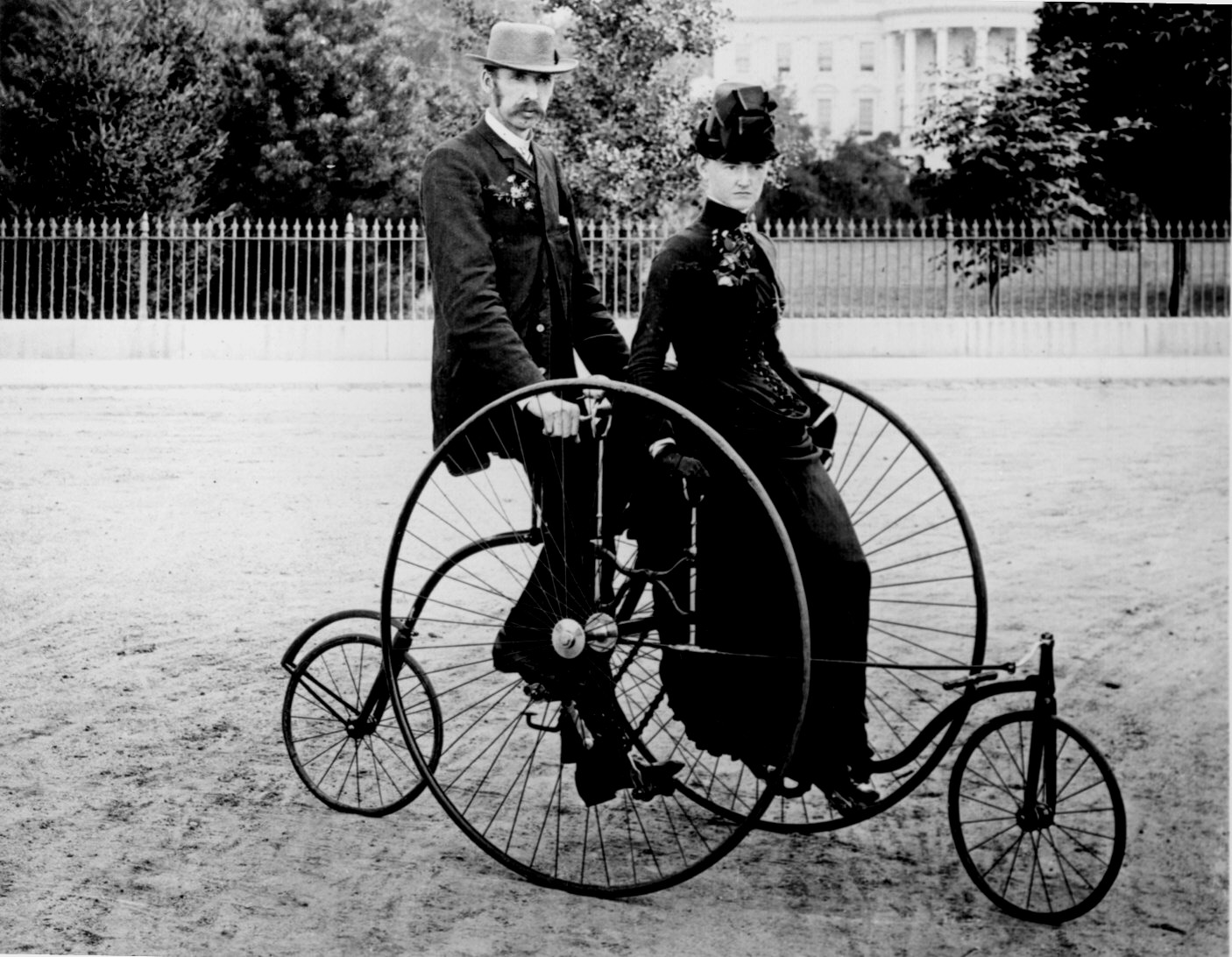
A Kind of Compass
Stories on Distance
Belinda McKeon, Editor
(Tramp Press)

There are seventeen stories here, and editor McKeon tells us they come from all over, some from great distances. She tells us that people travel in a few of these stories, "but they are in exile in all of them."Any story that digs into the human is a story about exile, in a sense; we are all at a remove from one another, sometimes trying to reach one another, sometimes trying to do the opposite.
" . . . the glass that keeps us separate is a mirror as much as is a window," she concludes.
I often think that any editor that puts together a collection and then wants to tell us what the collection is about is asking for trouble. This "we are all in exile" business is a bit facile, that old adage about the unbridgeable distance between humans, blah blah. Fortunately, we are free go through these stories to see if this or any other truism can tell us where it (of we) are really at.
As I made my way around in this volume --- nicely printed! nicely bound! --- I sorta felt like I was in exile myself. There's one story that was a terrific mind-blower, four or five that made the grade of --- as the editor suggests (in a quote from Amy Bloom) --- having "the depth of a novel, the breadth of a poem." The other dozen or so? Yawn.
It may have to do with coming as I do to any collection of short stories with expectations. I, a superannuated old sod, am easily put off by anything that undoes me (noisy politicians, dogs next door talking to the moon, telemarketers, earthquakes . . . and short stories that don't seem to be short stories). For instance, there are two here that run less than two pages. To me, these are better seen as poems, without breadth, that left their end-stopped lines back there at the check-out counter. There are quite a few others here that remind me of that book title: Where Did You Go? Out. What Did You Do? Nothing.
§ § § When I hear the word short story --- especially connected to the word "good" or "great" --- I am thinking of those who helped create the form: H. G. Wells, James Joyce, Gogol. Stephen Crane, de Maupassant: those who built the very concept of a story that did not run on and on.
After them, the polishers: Hemingway. Jack London, Kafka, Salinger. Faulkner. Sherwood Anderson (an adept mostly forgotten now, one who shaped his stories through pure poetic prose).
And those who brought it into its present incarnation: Nina Berberova, Raymond Carver, Philip K. Dick, Philip Roth, Richard Brautigan, Ann Harleman, Javier Marías, Haruki Murakami.
And, yes: Donald Barthelme. Anyone who hasn't read "Game" doesn't know the startling beauty implicit in the simplest articulation of the form.
So what do we do with A Kind of Compass? We can applaud the few stories that make it worth our while. "Six Days in Glorious Vienna" with its surprising (charming) O'Henry ending. "Finishing Lines," about homing pigeons, made more pithy by the inside dope of that strange breed. That they are taught the need to fly home; that their guidance system is dependent on magnetic filings in their heads; that they cannot fly in airplanes (it screws up their guidance systems). Plus, according to the writer, "pigeons resembled tiny, shaved-headed men in high collars with their arms shoved down inside their shirts, the sleeves tied behind their backs."
There's "Big Island, Small Island," a nuanced story of an Italian man who has gone native on a tiny Muslim island off the coast of Africa, teaching us what turning one's back on our culture can do to our Western feelings (or lack thereof). "In "New Zealand Flax," we find Frida mourning the loss of her life's love (named "Elk") by just pretending he is there (the rule: he has to leave before sunrise).
"City Inside" lets us into an apartment in a the city that faces out on another apartment so that the two inhabitants cannot miss each other. Most storytellers would force an affair; this writer forces big city claustrophobia that will not let the two of them stay apart, she with her easy insults: "I want to sleep," she said, "in your bed . . . isn't this what we're expected to do? Now."
The crown jewel in the collection is Sam Lipsyte's "The Naturals." Larry, is dying: his liver, he says, is "negotiating a severance package". All doctors now, he says, "have pimples. Peach fuzz. They're all virgins." His son Caperton flies in, the kind of guy who likes rubbing cat fur the wrong way just for the sheer pleasure of it. The people he travels with are strange, including a professional wrestler called "Rough Beast of Bethlehem."
At his old home, Larry's wife, Stell, doesn't want Caperton in her refrigerator. One of his father's friends visits, calls him "a snide turd turning forty." Caperton, in despair, texts his ex-wife. There's a call from the guy she's with now:
"Let me introduce myself. My name is Miles and I'm the nanny. I was a Division II nose tackle not long ago. If you keep texting Daphne I'll come to your house and feed you your phone. Daphne does not wish to receive messages from you, now or in the future. Good day."
"The Naturals" is a wonderful balance of cynicism, despair. love, and terror. The dialogue is vigorous, alive and funny. The ending comes in an explosion of grief and anger, making it a short story as a short short should be conceived and delivered. What a pity there aren't another dozen like these in this lovely volume.
--- Pamela Wylie